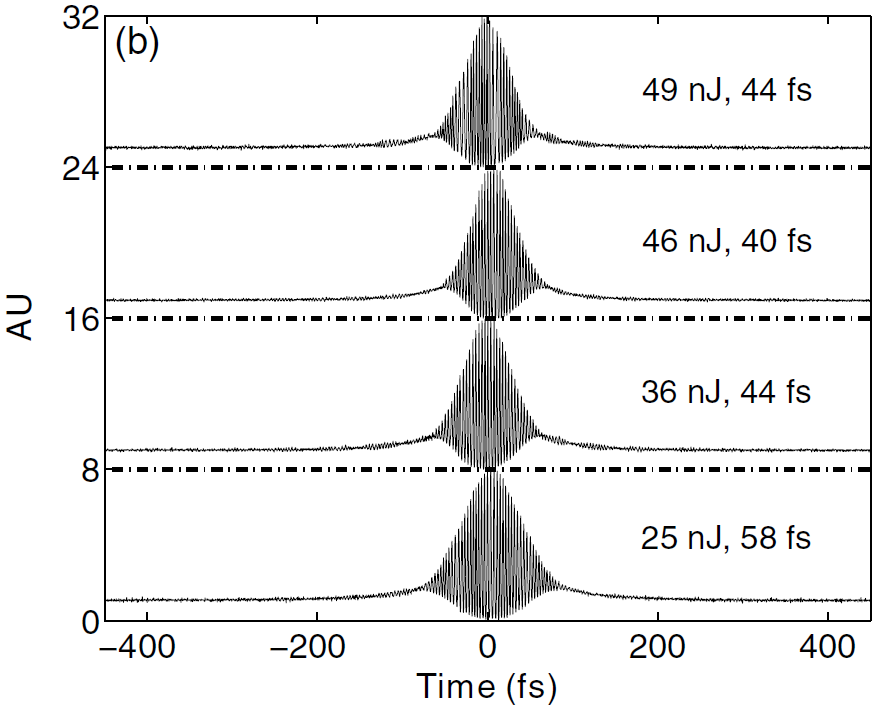Guide to Modelocked Pulse Evolutions:
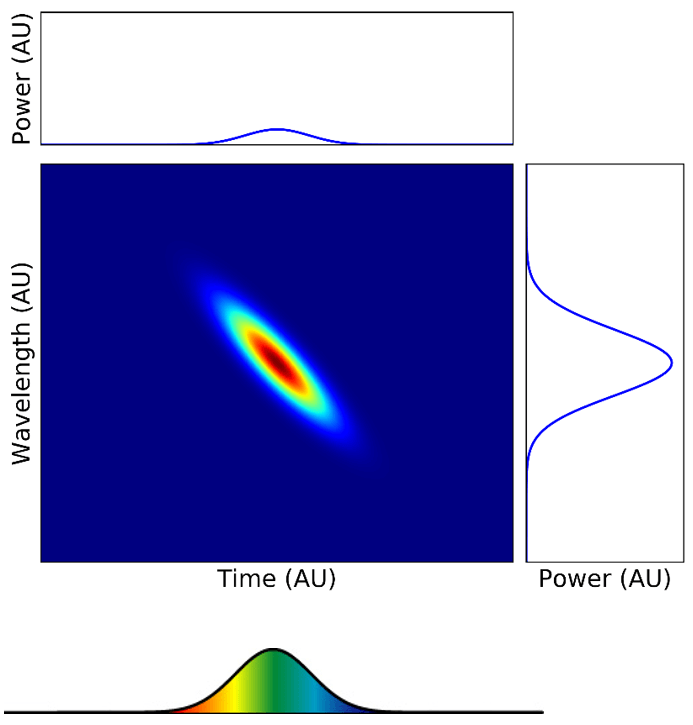
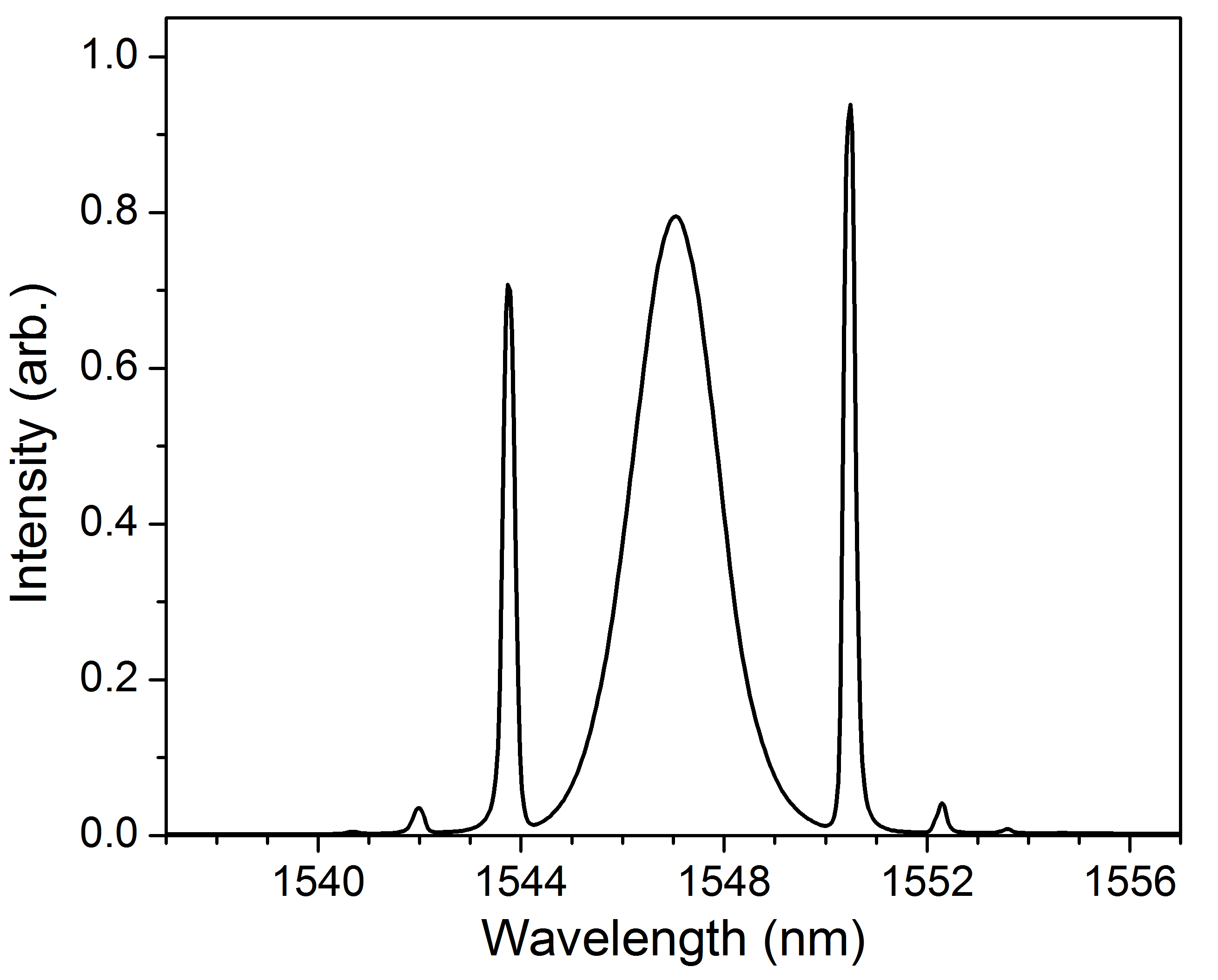
~100 pJ, 200-500 fs, close to transform limited. Good for applications requiring simplicity and/or transform-limited pulses with low energy. Can be amplified if the sidebands are suppressed.
~1 nJ, generally chirped ps pulses but dechirpable to the transform limit (<100 fs). Shares many advantages of solitons, but better energy and duration at a slight complexity cost. Amenable to amplification.
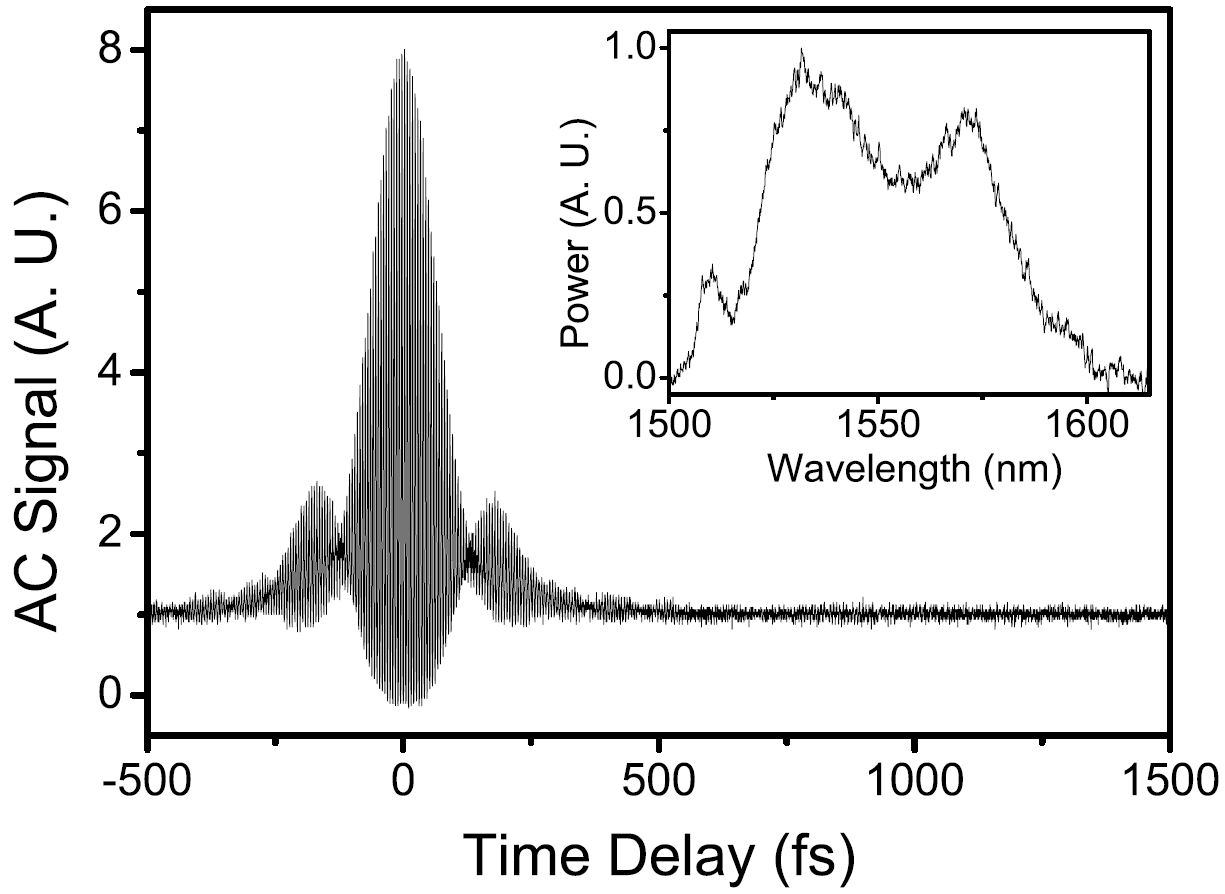
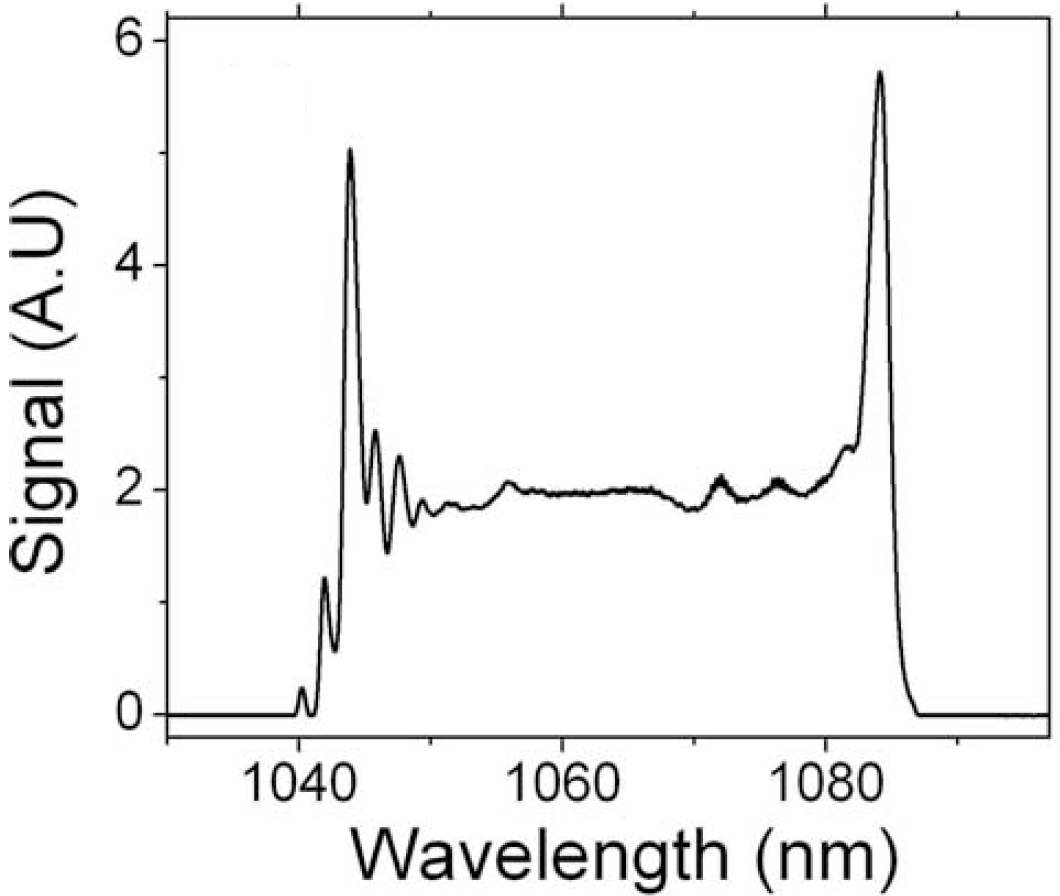
~20 nJ, few-ps pulses dechirpable to within ~20% of the transform limit (~200 fs). Good for applications requiring high energy, but chirped-pulse amplification has met with limited success to-date.
~20 nJ, ~100 ps. Good for applications requiring energetic, highly-chirped pulses at low repetition rates. Difficult to compress near the transform limit after amplification dechirpable to ~2x the transform limit (i.e., usu. ~500 fs).
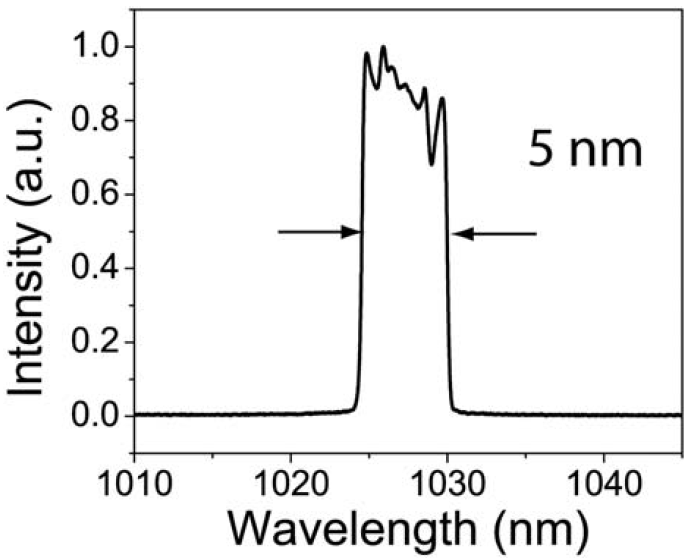
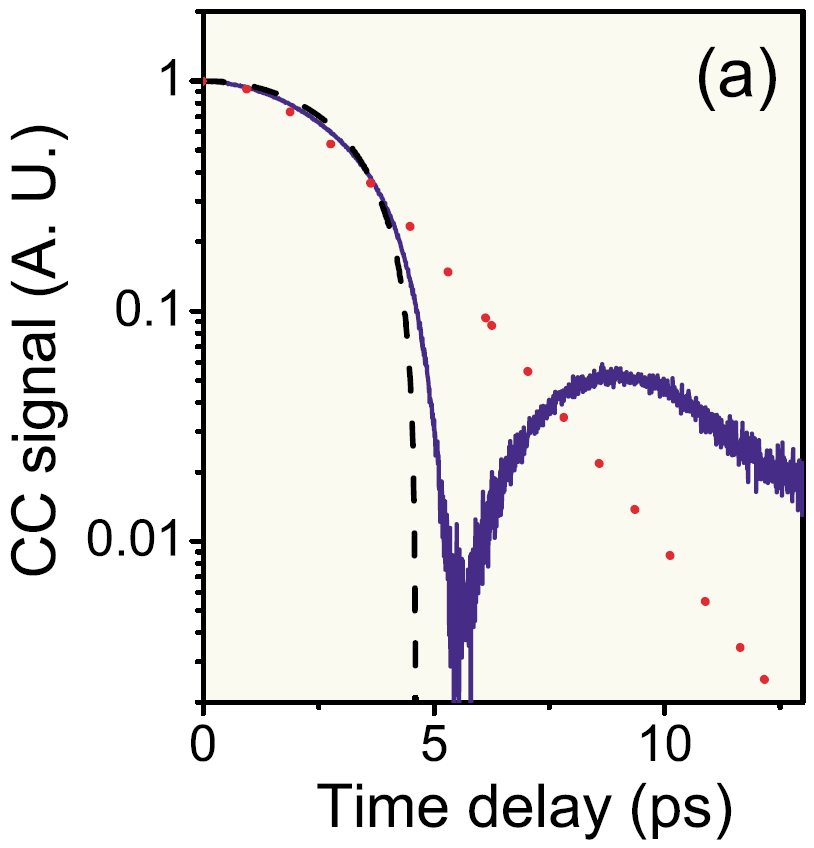
~10 nJ, few-ps pulses dechirpable to the transform limit (<100 fs). Good for applications requiring short, clean pulses, or for amplification.
Few-nJ, few-ps pulses dechirpable to the transform limit (<100 fs). Alternatively, ~15 nJ dechirpable to a few hundred fs at low-MHz repetition rates. Good for applications requiring short, clean pulses.
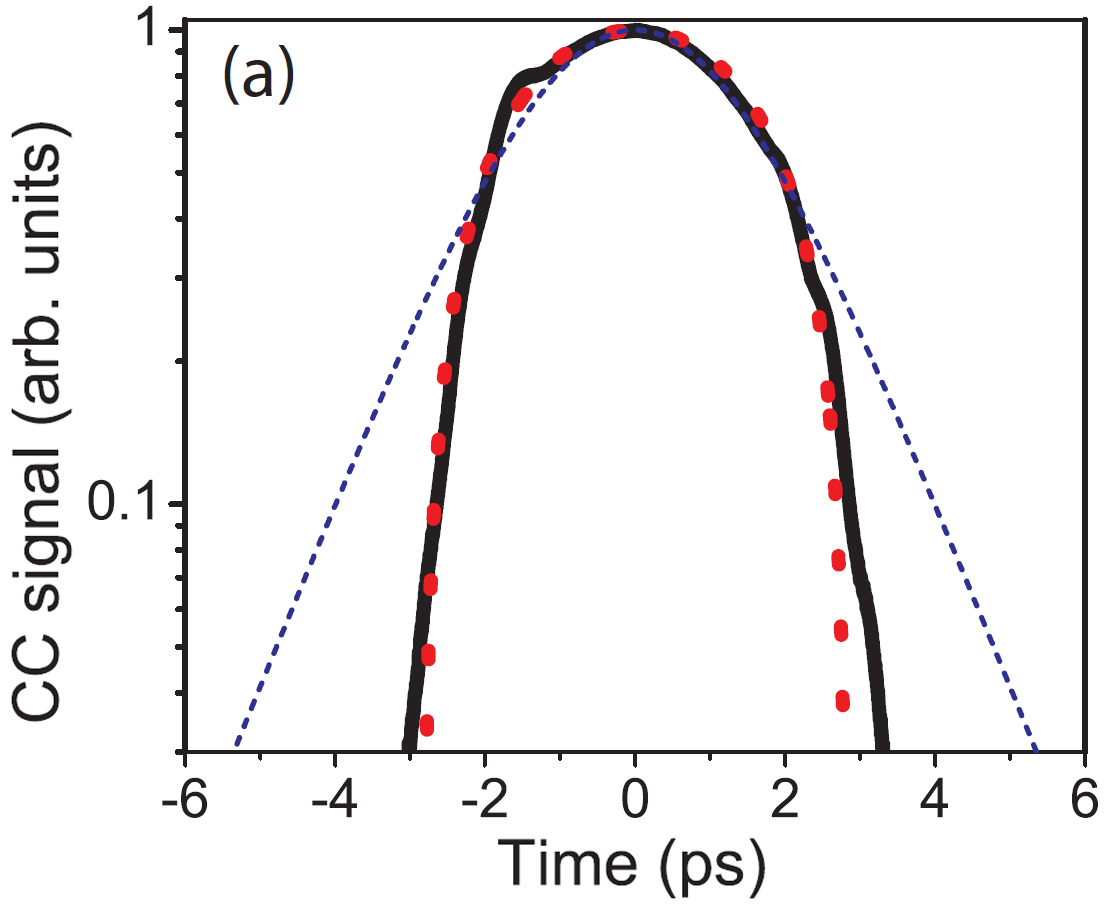
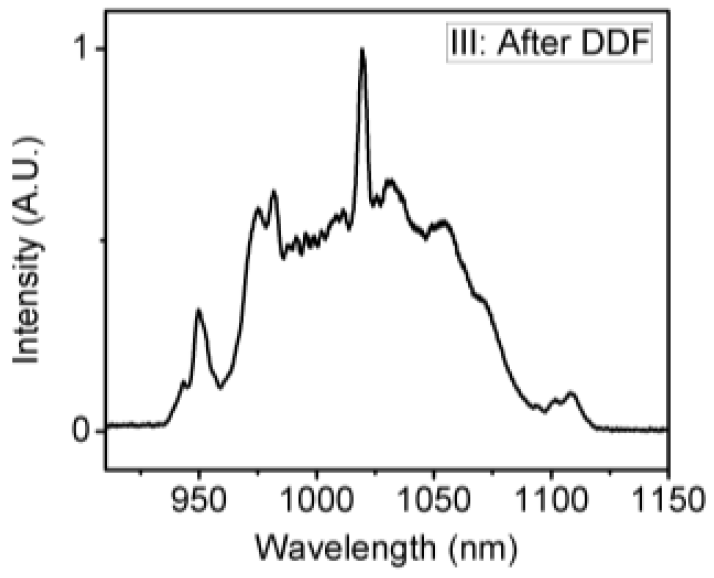
~1 nJ, few-ps pulses dechirpable to near the transform limit (~20 fs). Produces the shortest pulses from a fiber laser yet.
~50 nJ, few-ps pulses dechirpable to the transform limit (~50 fs). Produces the highest peak power yet from a fiber laser based on single-mode fiber, and can be readily realized in an environmentally stable format. Work is underway to explore the limits of this evolution.
